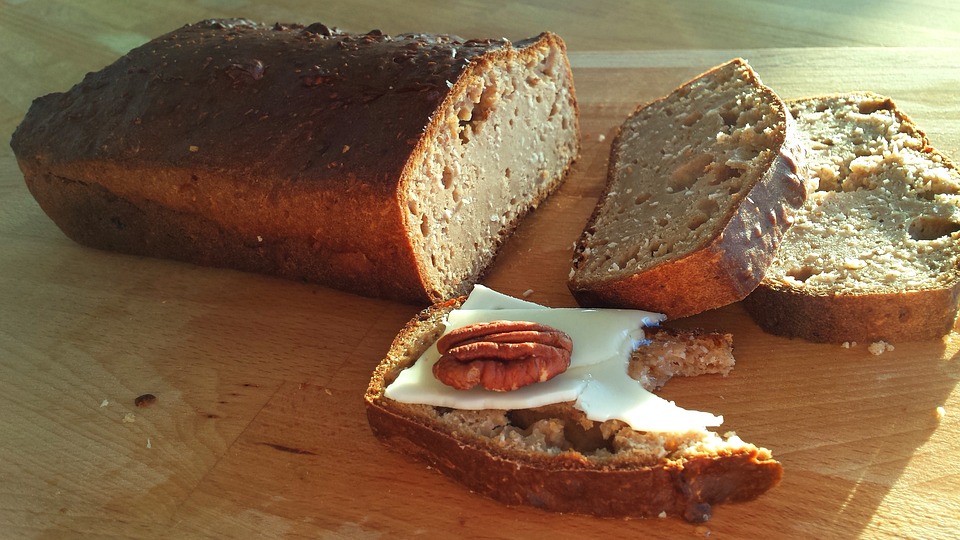Your pets are more than just animals—they’re members of your family. As a pet owner, you want to ensure that your furry friends are happy and healthy. Emerging research suggests that probiotics may play a role in supporting your pet’s gut health, immune system, and overall well-being. In this blog, we’ll explore the potential benefits of probiotics for pets and how you can incorporate them into your pet’s diet.
Understanding the Importance of Gut Health for Pets
Just like humans, pets have a gut microbiome that plays a critical role in their overall health and well-being. The gut microbiome is a complex system of bacteria that live in the digestive tract. This system plays a crucial role in supporting immune function, nutrient absorption, and overall health.
How Probiotics Can Help
Probiotics can provide numerous benefits for your pet’s health by improving gut health, reducing inflammation, and supporting immune function. Here are a few of the ways that probiotics may help:
Improving Gut Health
Probiotics can help to improve gut health by promoting the growth of beneficial bacteria in the gut. This can lead to better digestion and absorption of nutrients, which can impact overall well-being and support immune function.
Reducing Inflammation
Probiotics can help to reduce inflammation in the gut, which can impact overall health. Chronic inflammation in the gut has been linked to a range of health issues in pets, including allergies, skin problems, and digestive issues.
Supporting Immune Function
Probiotics can also support immune function in pets by promoting the production of immune cells, including T cells and B cells, which can help to fight off infections and diseases.
The Best Probiotics for Pets
Not all probiotics are created equal when it comes to pets. Here are a few of the best probiotics for promoting a healthy gut microbiome and supporting overall health in pets:
Lactobacillus acidophilus
Lactobacillus acidophilus is a probiotic that can help to reduce inflammation and support overall health in pets, making it an effective supplement for pets with allergies, skin problems, and digestive issues.
Bifidobacterium bifidum
Bifidobacterium bifidum is a probiotic that can help to improve gut function and support immune function in pets, making it an effective supplement for pets with digestive issues and infections.
Streptococcus thermophilus
Streptococcus thermophilus is a probiotic that can help to reduce inflammation and support overall health in pets, making it an effective supplement for pets with allergies, skin problems, and digestive issues.
Tips for Incorporating Probiotics into Your Pet’s Diet
Here are a few tips for incorporating probiotics into your pet’s diet to support gut health, immune function, and overall well-being:
Feed Probiotic-Rich Foods
Probiotic-rich foods are an excellent source of beneficial bacteria for pets. Some of the best options include yogurt, kefir, and fermented vegetables.
Use a Probiotic Supplement
If your pet is unable to get enough probiotics from their diet, consider using a probiotic supplement. There are many different types of probiotic supplements available for pets, so be sure to choose one that’s appropriate for your pet’s needs.
Talk to Your Vet
Before incorporating probiotics into your pet’s diet, be sure to talk to your veterinarian. They can help you choose the best probiotics for your pet’s specific needs and provide guidance on how to incorporate them into their diet.
Conclusion
As a pet owner, you want to ensure that your furry friends are happy and healthy. Probiotics can play a significant role in supporting your pet’s gut health, immune system, and overall well-being. By incorporating probiotics into your pet’s diet through probiotic-rich foods and supplements, you can support a healthy gut microbiome and promote immune function. It’s important to choose an appropriate probiotic supplement or probiotic-rich food that contains the specific strains of bacteria that have been shown to provide benefits for pets. By working with a veterinarian, you can develop a probiotic plan that’s tailored to your pet’s individual needs and goals.






